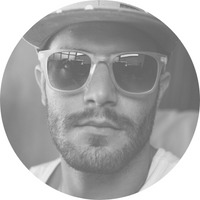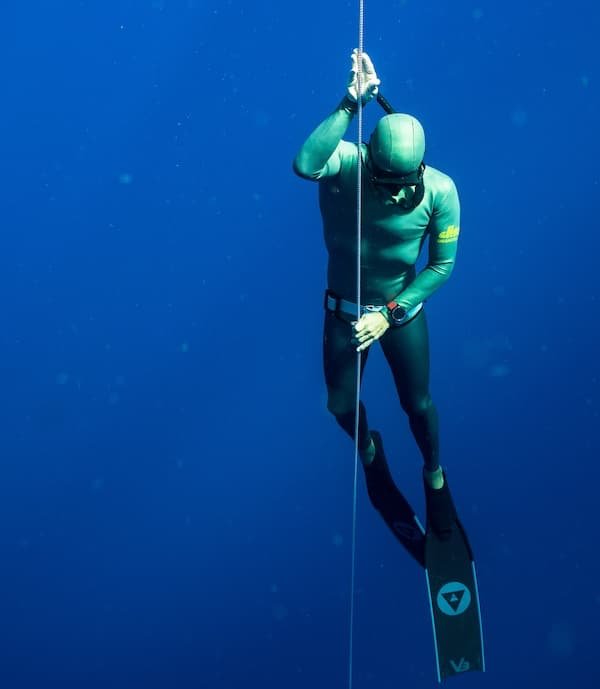
 Nick Pelios
Freediver, Creator
Nick Pelios
Freediver, Creator

 Nick Pelios
Freediver, Creator
Nick Pelios
Freediver, Creator
In Episode 9 of The Alchemy Podcast, host Luca Malaguti sits down with Jani Valdivia, a neurosurgeon and freediving record holder from Peru, to discuss the evolving world of freediving medicine. Despite freediving's substantial growth in popularity and impressive records, the medical field supporting it is still in its early stages.
Jani describes the current state of freediving medicine as being in its "infancy" or "childhood." While there has been a fair amount of basic scientific research published over the years, clinical studies are still emerging. This early stage is marked by a blend of anecdotal evidence, experiential knowledge, and initial scientific findings. Freedivers often adopt a scientific mindset, analyzing research to improve safety and performance. However, the field needs more comprehensive clinical data to fully understand and address the complexities of freediving.
A central theme in Jani's discussion is the emphasis on prevention. The high-risk nature of freediving, where even minor mistakes can lead to severe consequences or death, highlights the importance of preventive measures. Jani advocates for a focus on preventing incidents like lung barotrauma and blackouts to enhance safety and ensure the sport’s sustainability. This approach mirrors the caution required in neurosurgery, where careful decision-making is crucial.
Drawing parallels with mountaineering, Jani and Luca discuss how early mountaineers faced significant risks and many fatalities due to a lack of understanding about high-altitude physiology. Similarly, freediving is at a stage where practitioners are pushing the boundaries of human limits without comprehensive knowledge of the potential risks. Just as mountaineering evolved with improved safety protocols and medical understanding, freediving must follow a similar path.

Jani predicts that freediving will continue to see deeper dives and new records over the next decade, but he expects a plateau as the human body reaches its limitations. The goal is to gain more knowledge safely, avoiding the tragic consequences that often accompany extreme sports. Jani suggests implementing safety measures proactively, rather than reactively, to mitigate severe incidents.
Like a child taking its first steps, the field shows great promise but requires guidance and caution. By focusing on prevention, learning from other extreme sports, and anticipating future limits, the freediving community can ensure a safer future for all enthusiasts. As the sport grows, so too will the understanding and medical knowledge surrounding it, making freediving a safer endeavor for everyone involved.